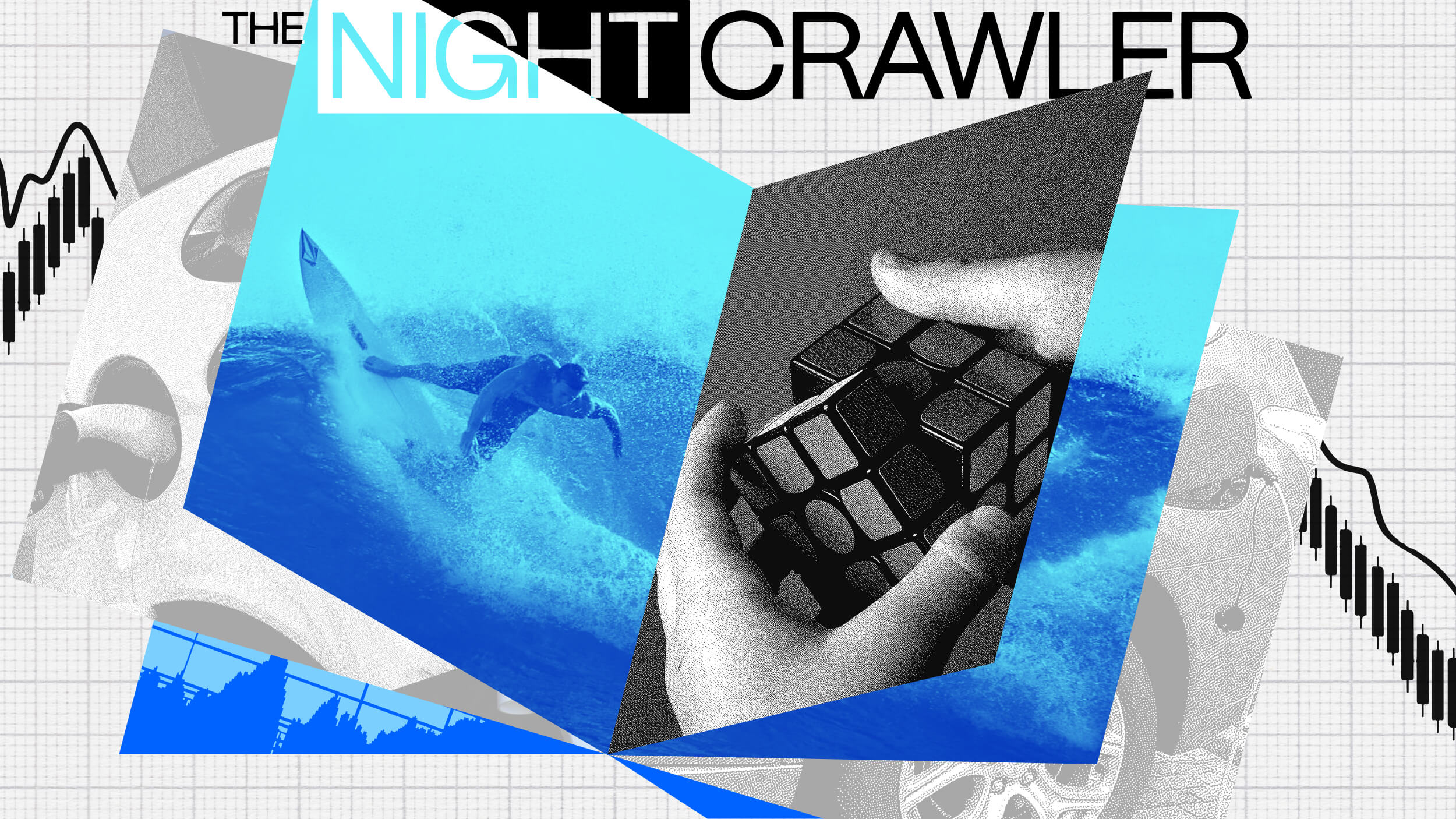Sherman Alexie recounts his winning battle with alcoholism.
Question: How did you know you had a drinking problem?
Sherman Alexie: Oh, a case of beer a day. You know, I could drink a fifth of tequila a day. You know, it becomes a drinking problem when it affects your relationships with people, when it affects your job or your school, your grade point average. You know, affects your, it’s a drinking problem when you’re sitting on your couch at home drinking the case of beer all by yourself, and then you pass out and grab the fifth of tequila when you wake up. So pretty obvious what my problem was.
Question: Does alcohol primarily help or hurt writers?
Sherman Alexie: Well, I wrote “The Lone Ranger and Tonto Fistfight in Heaven” and “The Business of Fancydancing” while drunk and drinking. So there’s certainly a lot to be said for my desperate years, my alcoholic years, my active alcoholic years is being the source of some pretty good work, for being the source of the two books that established and made my career. But the thing is, it’s unsustainable. You know, if you are using substances to fuel your creativity, you’re going to have a very, very short artistic life. You’re going to be a sprinter and by and large, I wanted to become a marathon runner. And I can only run the marathon if I’m sober.
You kill your brain. You kill your brain. You know, please try to find me, the successful drug user. You know, try to find me, the high-functioning alcoholic, you know, career person, and you could probably find in their work when they were drinking, when they weren’t. I bet you could look at the downfall of some amazing writers who wrote one or two great books and then just fell apart, I’m pretty sure that’s related to alcohol consumption. So, it’s unsustainable, you know, it’s sort of like the environment, you can only pour so much pollutants into it before the temperature changes dramatically. So I think drug and alcohol abuse is like the greenhouse effect for writers.
Question: As a Native American writer, do you feel special pressure to address alcoholism?
Sherman Alexie: Well, I mean, I’m an alcoholic, that’s what, you know, my family is filled with alcoholics. My tribe is filled with alcoholics. The whole race is filled with alcoholics. For those Indians who try to pretend it’s a stereotype, they’re in deep, deep denial. It’s an every day part of my life and as a writer, I use that to write about it. You know, partly for fictional purposes, and narrative purposes, but partly with the social hope that by writing about it, maybe it’ll help people get sober, and it has. I’ve heard from them. You know, the social function of art is very important to me. It’s not just for art’s sake. I have very specific ideas in mind about what it can do. I’ve seen it happen. So it is writing about alcohol that helps me stay sober. And I think reading about alcoholism helps other people stay sober.





